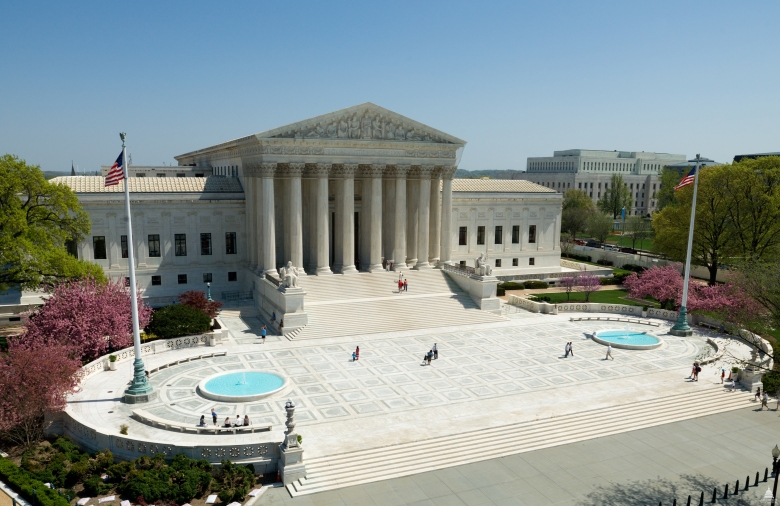WASHINGTON — Alliance Defense Fund Senior Counsel David Cortman will be available for media interviews following oral argument Wednesday at the U.S. Supreme Court in Arizona Christian School Tuition Organization v. Winn. ADF contends that the suit, filed by the American Civil Liberties Union, should be dismissed because the ACLU hasn’t proven that its clients have any legal standing to sue over someone else’s private donations.
Arizona’s program, like others across the country, allows state residents to claim a tax credit for donations to private organizations that provide scholarships to private schools. ADF represents ACSTO, which is one of more than 50 non-profit 501(c)(3) corporations organized to distribute private donations in the form of scholarships to more than 27,000 students attending hundreds of private schools throughout the state.
“Parents should be able to choose what’s best for their own children. A ruling against this constitutionally sound program could eliminate school choice not just for Arizonans, but for hundreds of thousands of students nationwide—a fact that makes this case extremely important to the millions of Americans who support school choice,” said Cortman. “Parents should decide what schools their children attend and where their money goes. Just because religious schools can join the program on the same basis as non-religious ones doesn’t make it unconstitutional. If you don’t think the ACLU should be able to file suit over tax-deductible charitable contributions, then there’s no constitutional basis for them to be able to file suit over these donations either.”
ADF attorneys argue that the program is constitutional because it involves individual, private choices and funding—not government action or money. The program also saves the state money and relieves burdens on overcrowded public schools. A federal court dismissed the suit against the program in 2005, finding that it did not violate the Establishment Clause of the First Amendment. ADF is now asking the justices to reverse a U.S. Court of Appeals for the 9th Circuit decision that reinstated the case, which the high court agreed to hear in May. In July, ADF filed its opening brief with the high court, which received 18 friend-of-the-court briefs supporting ACSTO’s arguments.
ADF ally, the Institute for Justice, has played an integral part in this lawsuit and has successfully defended and litigated for school choice in the past.
ADF is a legal alliance of Christian attorneys and like-minded organizations defending the right of people to freely live out their faith. Launched in 1994, ADF employs a unique combination of strategy, training, funding, and litigation to protect and preserve religious liberty, the sanctity of life, marriage, and the family.
